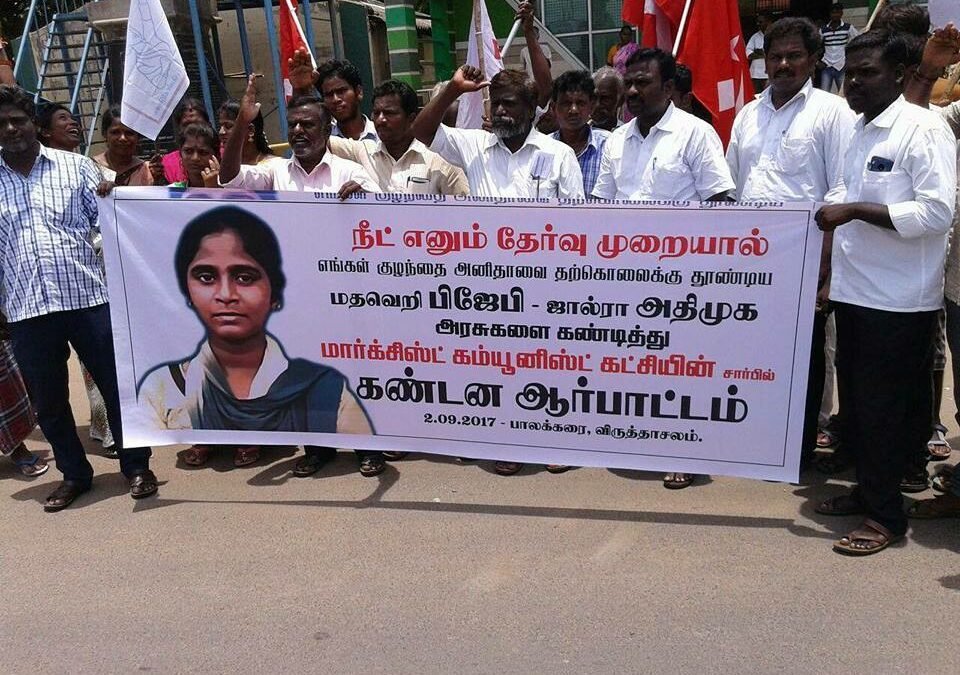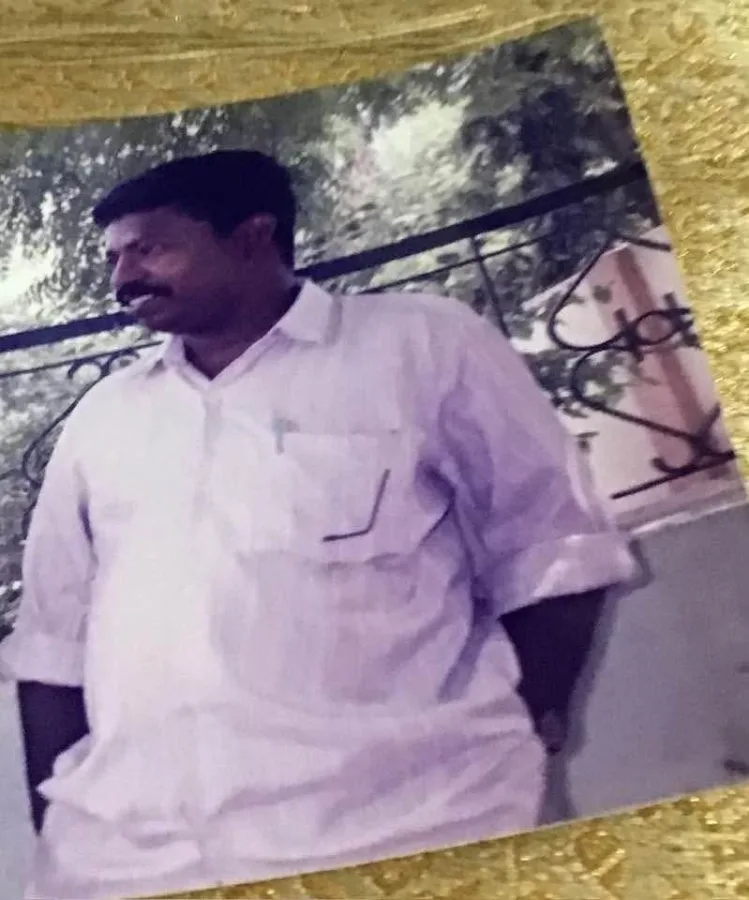Read in : தமிழ்
Indian medical education and medical practices date back to ancient times when vaidyas (physicians) in dominant communities and tribal healers in other communities have been treating illnesses. The modern medical profession began to take shape in the nineteenth century in British India. Healthcare personnel were trained in medical courses as apprentices, basically to help treat wounded soldiers during war. From that era to the current times of NEET, there hasn’t been much progress in medical education, even in Tamil Nadu which has one of the highest number of medical colleges.
Formal medical education began only a century ago. After independence, India did not witness the same kind of progress in medical education as it did in engineering, law, accountancy and the arts and sciences. Those fields produced thousands of professionals year after year for industry and public services. The global demand also grew as technological advances began being made in the second half of the twentieth century.
According to Statistics of the Union Education Ministry (2019-20), Tamil Nadu has a total of 59 universities (6%), of which only 4 are medical institutions. The state has a total of 2,610 colleges which is 6% of colleges in India. Arts and Science, engineering & technology, teachers’ training, and nursing account for 79% of colleges in the state. A total of 2,251 (86%) colleges are in the private sector and only 375 (14%) are government managed. There are 455 engineering and technology colleges in Tamil Nadu which is 17% of the total in the country. Tamil Nadu has two law universities with 44 colleges (6%).
Politicians have been misguiding students into thinking that NEET is not a fair process to assess whether they are eligible for medical education. They use the social justice principles of Dravidianism to portray NEET as being elitist, only because they seek to hide the collusion of political parties with vested interest groups who own medical colleges and universities.
However, in the past seven decades, medical education, administration of institutions, and regulatory authorities in the country have not grown in the same way that other fields have. Though India’s pharmaceuticals sector has broken the shackles of systemic challenges and achieved significant progress especially in research and development, the same cannot be said about medical education. Medical education slowly but steadily came fully under the control of a few highly influential people. Their nepotism and the vested interests of politicians and greedy business groups eventually deprived millions of students the opportunity to become doctors.
Reforms pursued in the last decade, however, have brought hope, especially to first-time learners from rural and economically backward areas and communities across the country. The biggest reform has been the establishment of the National Medical Commission (NMC) in 2019. While piloting the NMC Bill, the then Union Health Minister had said that “the Medical Council of India (MCI) was plagued by corruption”. There was a need to overhaul the corrupt, inefficient and opaque MCI. In 2001, Delhi High Court ordered the removal of Dr Ketan Desai who was then president of MCI over large-scale corruption and malpractice. The court order said, “We are now certain that MCI is a den of corruption”. Further, in 2018, there were CBI cases registered against officials of MCI.
It is against this background that one must understand the debate on National Eligibility-cum-Entrance Test (NEET) in Tamil Nadu. NEET is being used by politicians as a tool to accuse the Centre of being against federalism. Politicians have been misguiding students into thinking that NEET is not a fair process to assess whether they are eligible for medical education. They use the social justice principles of Dravidianism to portray NEET as being elitist, only because they seek to hide the collusion of political parties with vested interest groups who own medical colleges and universities.
The present ruling party in Tamil Nadu, the DMK, has promised in its election manifesto of 2019 assembly elections that they would get rid of NEET, knowing fully well that they can point to the Supreme Court judgment favoring NEET as an excuse for their failure. The Supreme Court said that NEET ensured a level playing field in medical education for government, private and minority educational institutions in the country.
Despite the Supreme Court verdict, the DMK government went ahead and constituted an expert committee to examine the need to exempt Tamil Nadu from NEET, only to serve their own interests. The AK Rajan committee report has been criticized for not providing any data to support the claim that NEET was against social justice.
The present ruling party in Tamil Nadu, the DMK, has promised in its election manifesto of 2019 assembly elections that they would get rid of NEET, knowing fully well that they can point to the Supreme Court judgment favoring NEET as an excuse for their failure.
Tamil Nadu has one of the highest number of medical colleges in India, 69, with the total seats standing at 10,375. Of these, 37 (54%) are government medical colleges with 5,125 seats (49%) and 32 (46%) are private colleges and universities are with 5,250 seats (51%). The State also added 11 new medical colleges in the government sector with 1,450 seats. Thus, now Tamil Nadu has a total of 6,575 seats in the government sector which accounts for 12% of medical seats in India in 2021.
The Governor of Tamil Nadu did the right thing by returning the NEET Bill 2021 passed by the Tamil Nadu Assembly to The Speaker for reconsideration. The Constitutional head is well within his rights in ensuring that only laws in the interest of the people are implemented. The governor said that the proposed Bill is “against the interests of the students, specially the rural and economically poor students of the state”.
In Tamil Nadu, between 2007-2016, a total of 388 students from government and government-aided schools received medical seats. It was only 7 seats during the year 2018-19 and was 334 seats in 2020-21. In 2019, 1.4 lakh students registered to write the NEET exam in TN, in 2020, the number was 1,21,617 and in 2022, it fell further to 1,12,889. In 2021-22, a total of 535 seats (435 medical and 100 dental) were allotted to students of government and government-aided schools.
Out of the 1,21,617 students that registered for NEET in 2020 from Tamil Nadu, 99,610 students appeared for the exam and 57,215 students (57.43%) qualified. During the years of 2018 and 2019, 39.56% and 48.57% of NEET aspirants qualified for seats. Also, in 2019, in the NEET exam for PG admissions, a total of 11,121 students from Tamil Nadu cleared the exam out of 17,067 students who appeared, which is the highest in the country.
Thanks to the institutional and structural reforms of the MCI and now the NEET Exam, thousands more students from rural areas and backward communities can fulfill their aspirations of having a medical education. Even if not all of them get a seat after qualifying through NEET, the national entrance is a first step to better reforms.
(The author is an economist and public policy expert)
Read in : தமிழ்











